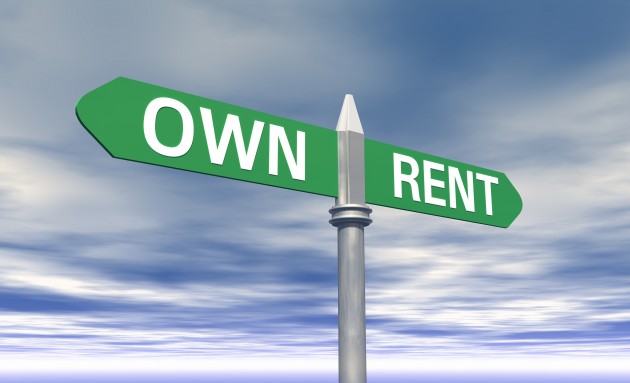Is it better to buy a property to live in or rent where you want to live and buy an investment property somewhere else?
Becoming a ‘Rentvestor’ is something that has been widely discussed and is worth giving some thought eg rent in a desirable location and buy an investment property in an area that is affordable like many other rentvestors in the property market.
Here’s why:
If you buy smart (at a fair price) in a suburb that may present a growth opportunity (ie not as close to the CBD but has other features such as café’s / restaurants, shops, the beach, public transport, parks, schools etc.) after two or three years, you may have enough equity (the amount your property has increased in value plus any cash savings) to upgrade to either a new property to live in or accessing equity (via a refinance / equity cash out loan) to help buy another investment property.
This strategy also requires that you ‘rent smart’. Do you have the opportunity to live with family for a period of time? Can you find two or three friends to share rent and utilities with? Rental costs need to be kept low during this time to allow you to continue to save cash and build on your equity.
Do you want freedom? Do you want to live near the beach for while? Near your favourite sporting grounds, night spots or nearer to your workplace. Will you work overseas? Renting means that you’re not tied down to one place.
How to structure the finance:
– Think Interest Only. You can apply for an interest only loan and make additional payments into an offset account and redraw back out if needed. Interest only loans are usually for 5 years and then they convert to principal and interest repayments over the remaining 25 years.
– Think Tax Savings. Interest payments on an investment property are tax deductable along with any property related expenses. If you live in the property, interest payments and expenses are paid with after-tax dollars and therefore not as cheap.
– Think Low Costs. I’m not the first person to tell you that interest rates are at record lows. Even still, some banks are still more competitive than others (up to half a percent) so it pays to shop around. There are also many home loan products that have no ongoing fees.
– Think Fixed. I don’t know if interest rates are going down, up or sideways (Matthew McConaughey, Wolf of Wall Street) but I do know that by locking in your interest rate for a period of time (ie 3 or 5 years) will give you certainty around required repayments over this term. It’s not about beating the bank, it’s about getting control.
– Think Emergency Fund. Ideally, an emergency fund should be enough to cover expenses for the next 6 months as a minimum – 3 months. You also need to have the ability to cover the cost of interest payments for at least 2 months if there is an absence of tenants (Rental Income). Using a credit card for emergencies is not going to help you build equity over time.
The information presented is of a general nature and does not take into account your personal financial situation. For personal advice tailored to your situation speak to your financial adviser.

